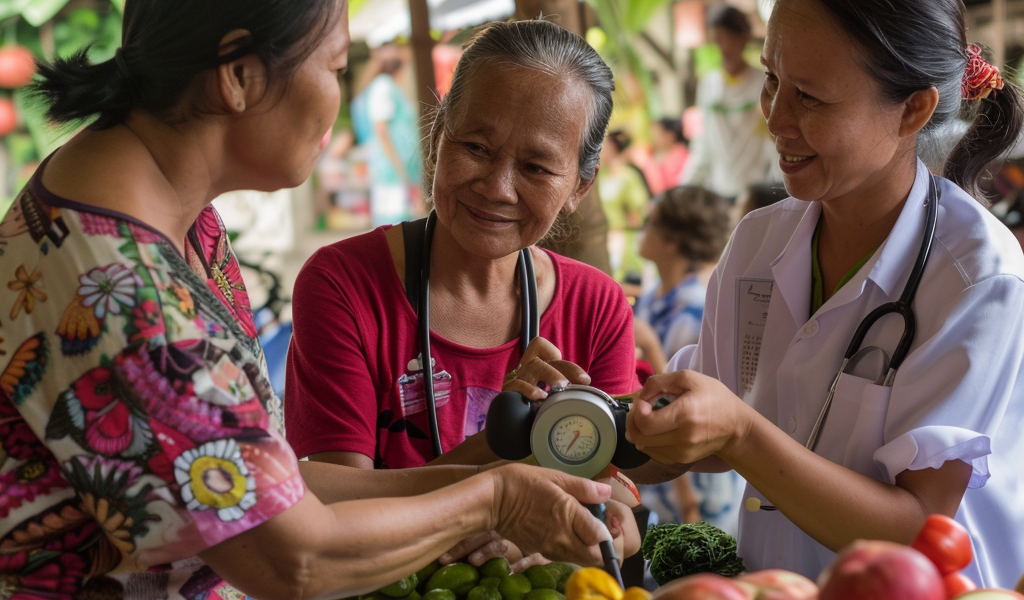World Hypertension Day is a significant event initiated by the World Hypertension League (WHL) in 2005 to raise awareness about the global epidemic of non-communicable diseases (NCDs) driven by hypertension. This year, the focus is on the theme ‘Measure Your Blood Pressure Accurately, Control It, Live Longer.’
In the South-East Asia Region, more than 294 million people are living with hypertension. The rising prevalence of hypertension is attributed to various risk factors such as high salt intake, tobacco and alcohol use, unhealthy diets, physical inactivity, stress, and air pollution.
Early detection and control of hypertension are crucial as half of adults with hypertension are unaware of their condition, and nearly 1 in 6 do not have their blood pressure under control. The consequences of uncontrolled hypertension can lead to severe health issues such as heart attacks, strokes, kidney failure, and premature death.
Access to affordable healthcare services for hypertension remains a challenge in the South-East Asia Region, impacting the Universal Service Coverage Index for most countries. To address this issue, the Region has prioritized the prevention and control of hypertension through initiatives like ‘SEAHEARTS: Accelerating Prevention and Control of Cardiovascular Diseases in the South-East Asia Region.’
The ‘Dhaka Call to Action’ aims to accelerate the control of cardiovascular diseases by placing 100 million people with hypertension and diabetes on protocol-based management by 2025. This initiative is considered the world’s largest expansion of cardiovascular diseases prevention and control in primary healthcare.
Countries in the Region are implementing evidence-based strategies to reduce the risk factors associated with hypertension. Positive trends have been observed, including a decline in tobacco use, reduced exposure to household air pollution, and efforts to eliminate trans-fatty acids from national food supply chains.
Furthermore, some countries have introduced standards for labelling and marketing to help consumers make healthier dietary choices. National targets have been set to improve hypertension and diabetes management within primary healthcare settings by aligning with the WHO HEARTS technical package and enhancing the availability of essential healthcare services.
These proactive measures reflect the commitment of the South-East Asia Region to combat hypertension and promote better health outcomes for its population.





